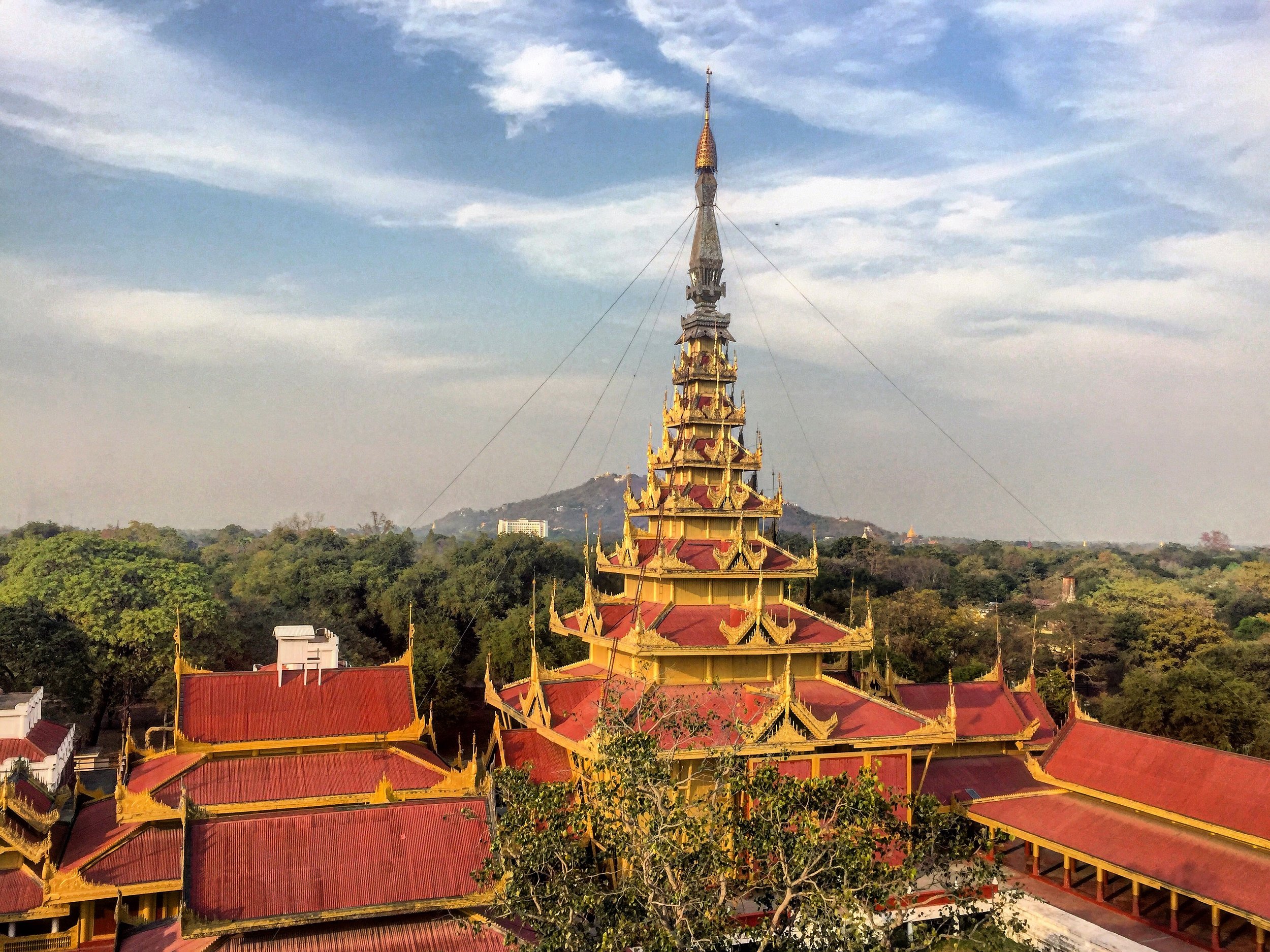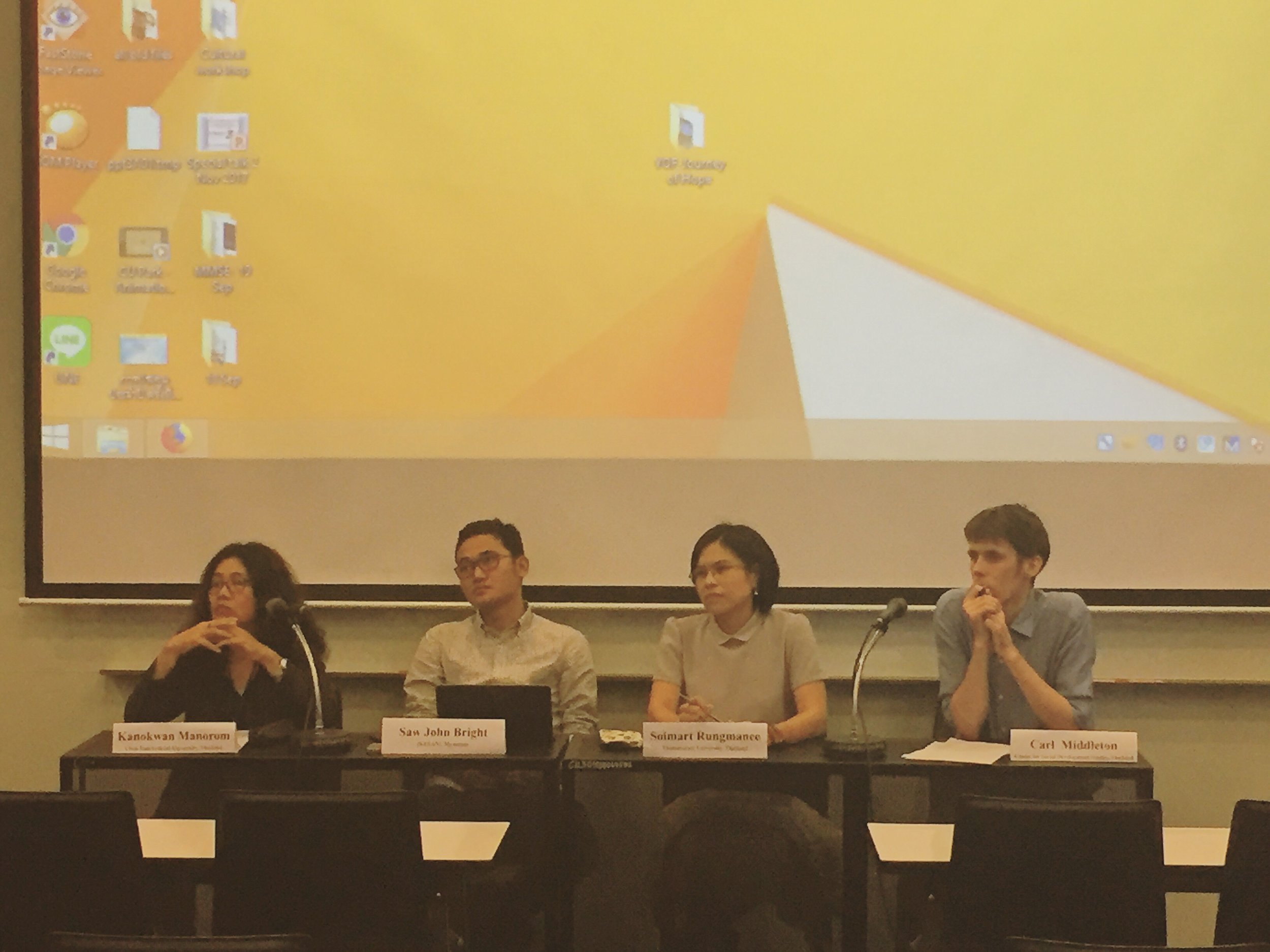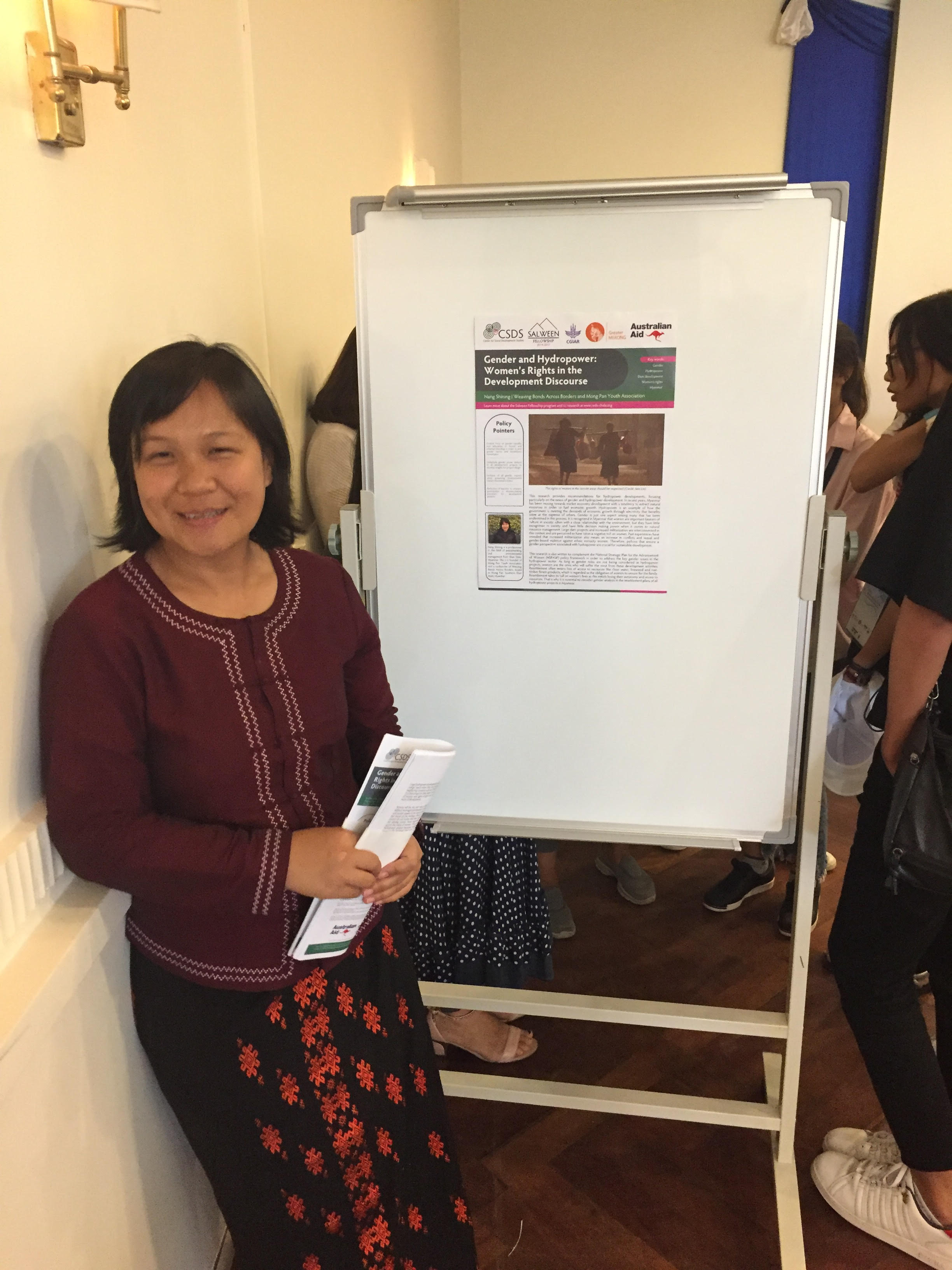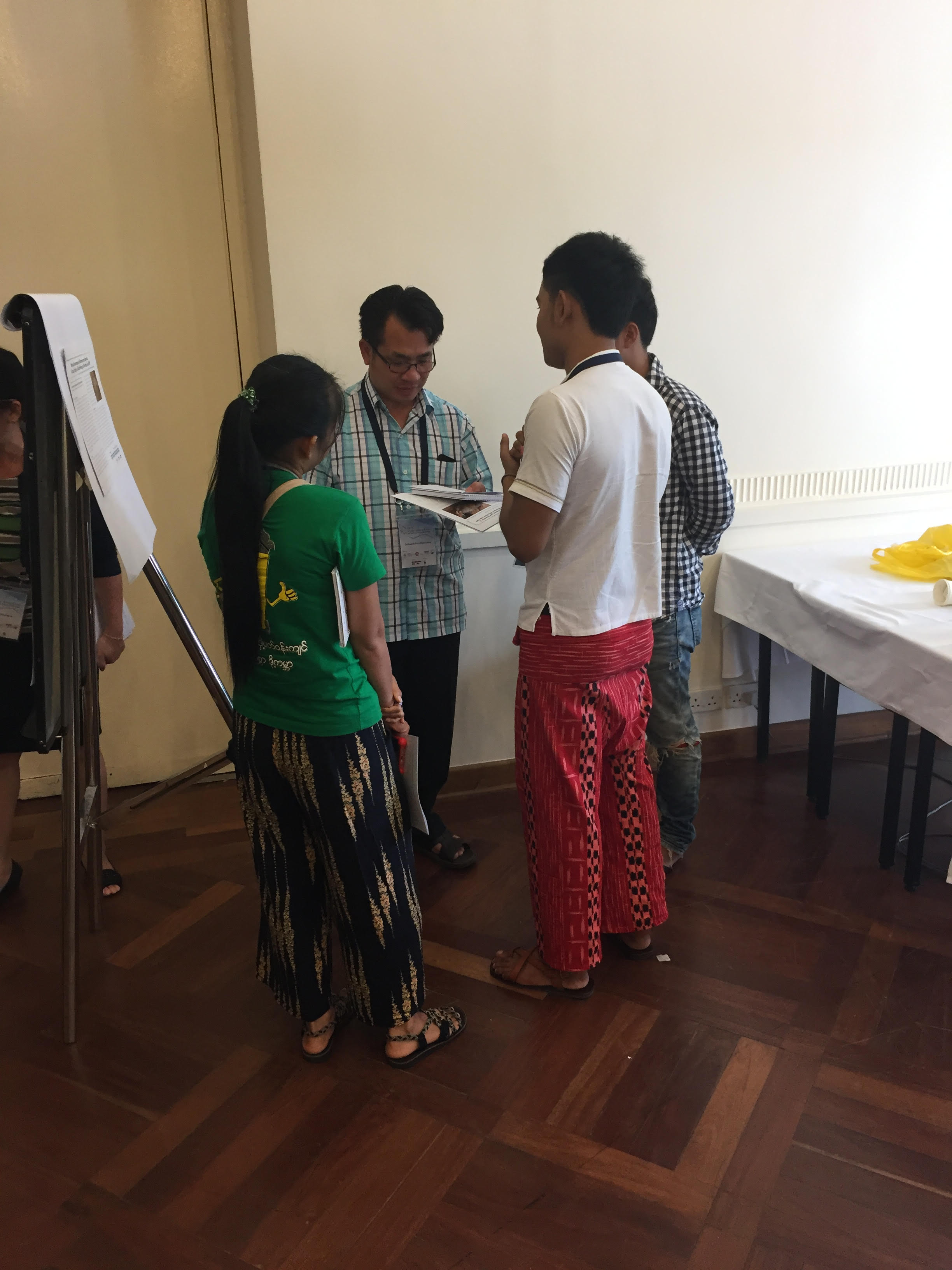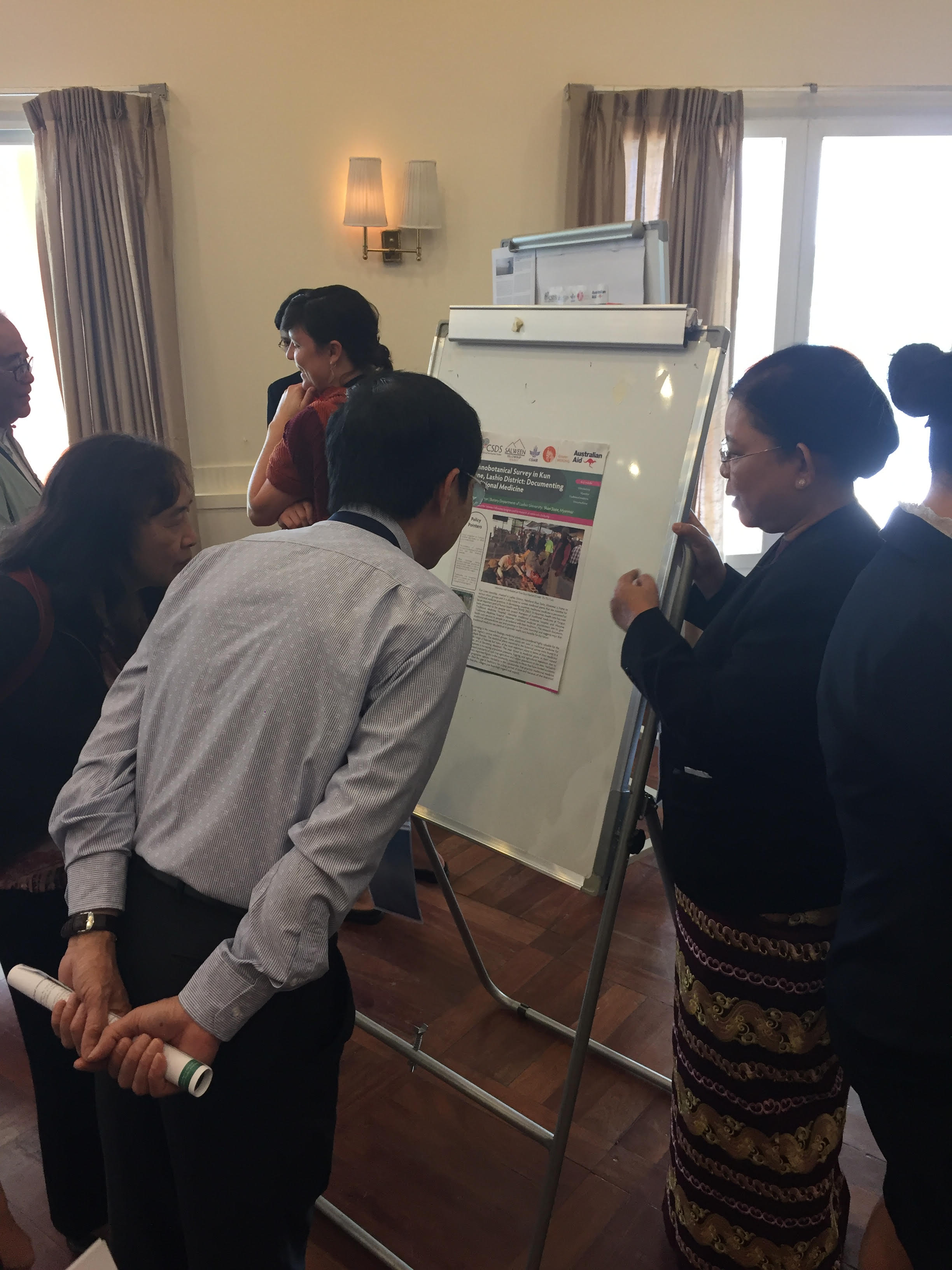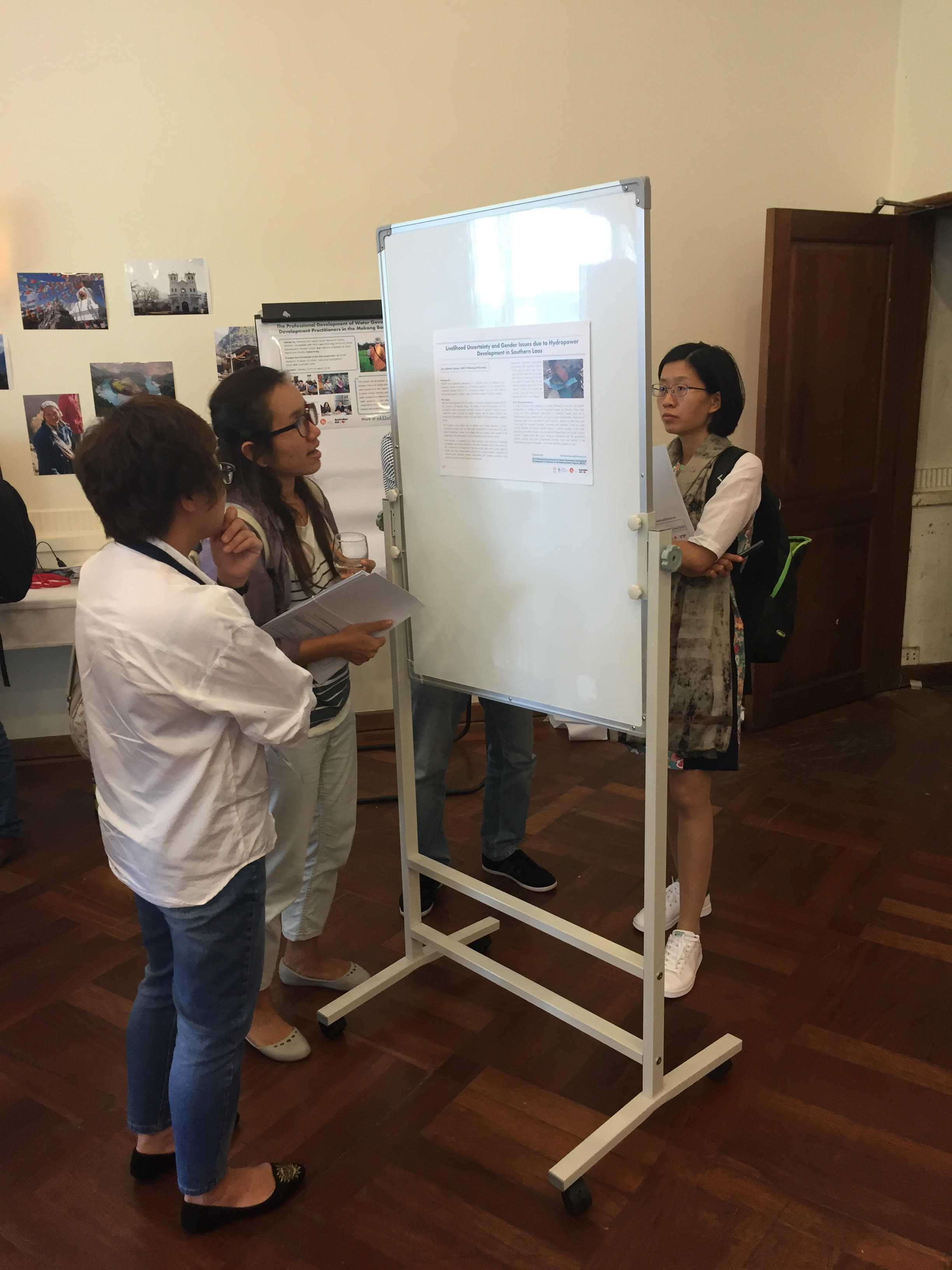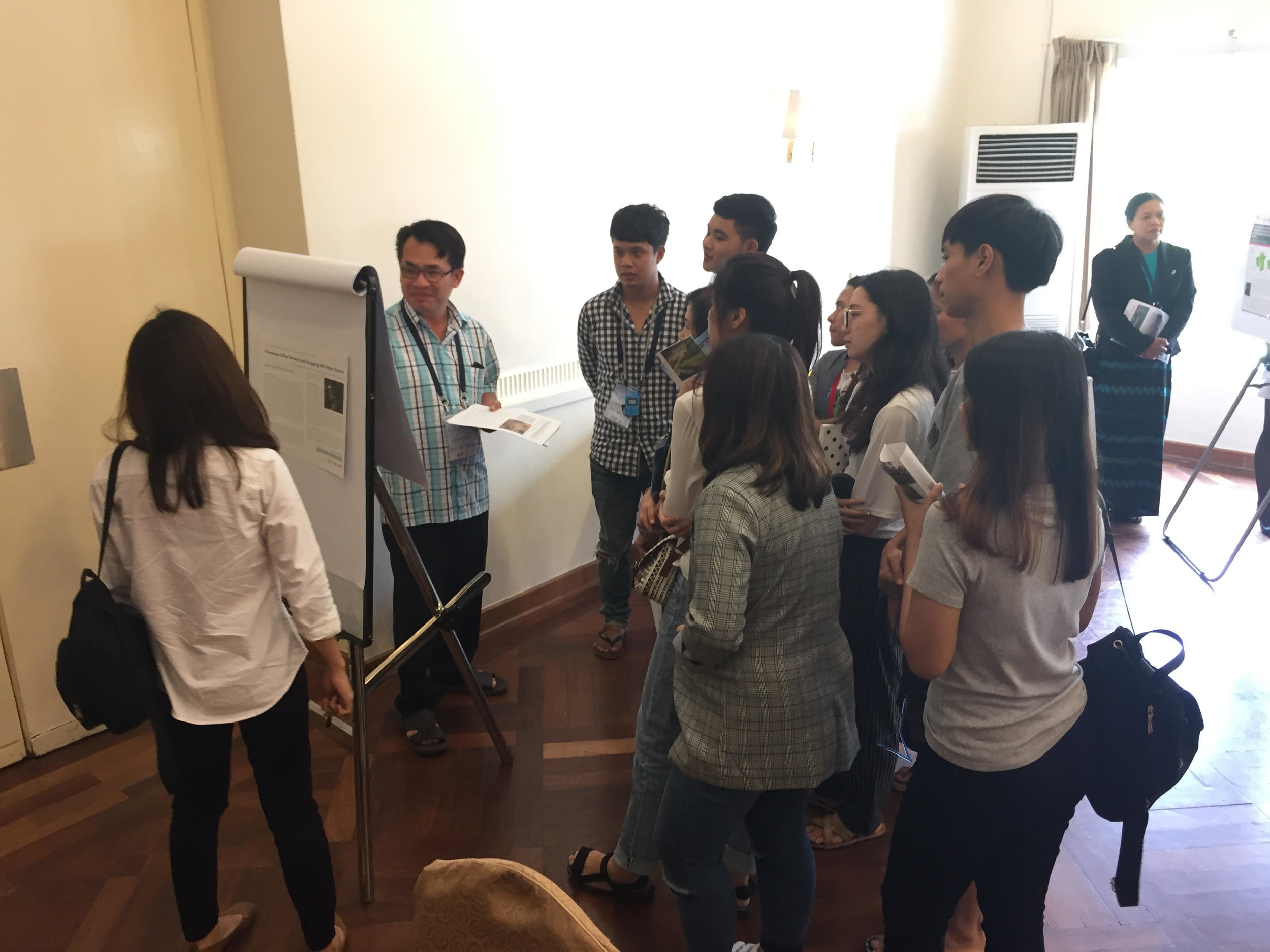EVENT (RESOURCES): WriteShop on “Shifting Development Cooperation in Southeast Asia: Understanding Local Voice and Agency [27 and 28 March 2023]
/WriteShop on “Shifting Practices and Experiences of Development Cooperation in Southeast Asia: Understanding Local Voice and Agency”
Introduction
Since the new Millennium, the development cooperation landscape has drastically changed in Southeast Asia. Actors providing, receiving, influencing and affected by development cooperation have diversified. So too has the forms and tools of development cooperation, for example South-South cooperation including by China and India, climate funds, philanthropic foundations, and global vertical funds (Mawdsley 2017). The financial volume of new contributions has grown to outpace that of earlier Western donors. Such a shift has led to what Greenhill et al. (2013) describe as a new ‘age of choice’ in which countries of the Global South are provided with a range of development cooperation options to choose from for financing their development. Yet, in reality, the variety of opportunities differ greatly between countries in the Global South, depending on their economic/ geopolitical ‘credentials’ (Fuchs and Quante 2021; Waisbich et al. 2021). Furthermore, as donors pursue their (national) interests through development cooperation, so-called 'donor competition' has intensified (Fuchs et al. 2013), including in Southeast Asia in recent years (Liao and Dang 2020; Liao and Katada 2021).
Existing development studies literature on donor competition predominantly focuses on the accounts of financiers and providers, for example their motivations and processes of competition. Far less attention is paid to the perspectives and agency of local actors in Southeast Asia, including the diverse voices within governments, as well as civil society and impacted communities (see Sato et al. 2011). As a consequence, less is studied on how local actors evaluate and understand the shifting practices and experiences of development cooperation in Southeast Asia: and in particular, how they see opportunities and challenges within the changing development cooperation landscape to address what they define as their development challenges – and the very meaning of ‘development’. Exploring the local voice and agency in development cooperation is salient at this critical juncture as the crises of climate shock, pandemic, and the war in Ukraine have not only aggravated existing development challenges in the region but also shape the very dynamic development cooperation landscape in the region.
WriteShop program
This WriteShop hosted paper presentations submitted to the earlier call for papers (here for full details). The full program was as follows:
Field visit
The WriteShop participants were invited to a community field visit to Khun Samut Chin village, Samut Prakarn Province. The field visit offered the opportunity to learn about coastal erosion and land subsidence, and the impacts on residing communities including regarding land rights, access to natural resources, and forced displacement.
























